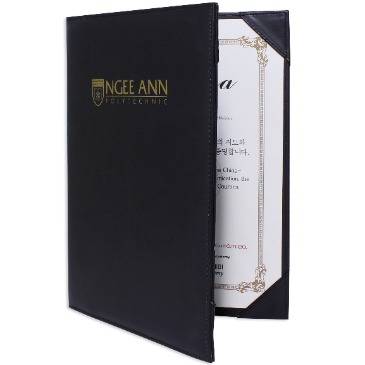
All applications are usually processed and approved within 15 minutes of the payment of application fee. what to study while analyzing a comparative income statement Applications that need to be referred to another government agency may take 14 to 60 days to be processed and approved. The application fee for sole proprietorships and partnerships, LP and LLP is $100.
Understand the benefits and requirements of opening a corporate bank account. Learn about the different business structures and find out which one best suits your business. If you are thinking of starting a small-scale business from home, here’s a step-by-step guide to help you.
- Open your account fully online for a one-time fee of S$ 99, with no ongoing charges and no minimum balance requirement.
- That will hold the specific business name for up to 120 days.
- If your income is 200,000 SGD to 500,000 SGD, reporting requirements are a little more stringent – and once you’re earning 500,000 SGD or more a year the reporting processes change again.
- If you’re a sole proprietor or in most types of partnerships, your business is not considered a separate legal entity from a tax perspective.
UOB Global Currency Account review – great multi-currency business account for companies in Singapore?
We explored new MAS digital banking licensed banks and alternative virtual providers. Limited liability does not apply to a sole proprietorship or partnership.
Once you’ve saved your Guided Journey, follow the recommended steps to complete the process. You can also pause and continue your application any time on the GoBusiness Dashboard, and the status will be reflected under “My Submissions”. You can also find out how the Start-up Guide has helped other business owners to take the first step in establishing their venture. Ready to turn your business dreams into reality, but feeling daunted at the thought of incorporating your venture? The process may seem overwhelming, but it doesn’t have to be. GoBusiness is here to help, by making the process seamless, fuss-free, and statement of owner’s equity all the more easy for you to kickstart your business and be your own boss.

Step 3: Choose a business address
You can submit your new business name application via BizFile+. As with anything to do with taxes, it’s relatively complex, even though IRAS does make it as easy as possible to report and pay your taxes online. Getting professional advice would be a smart plan, to make sure you’re fulfilling all your obligations. There’s also a helpful start up kit which can support many new entrepreneurs in navigating tax matters⁴ – check out the IRAS website for more. If you’re a first time entrepreneur, check how to pay yourself in an llc out the Start-up Guide which will take you through an overview of the process of registering your small business, and six steps you can take to get started. Learn more about the benefits of registering a business, and get an estimate of the cost of establishing and running your own business in Singapore with the Setup Cost Calculator.
How digital banking works in singapore – Overview of new MAS digital banking licensed virtual banks
How you report and pay your business taxes will depend on your business entity type, and the turnover of your company, among other things. If you’re a sole proprietor or in a partnership, you’ll usually need to report your revenue and adjusted profit only if your income is under 200,000 SGD a year². If your income is 200,000 SGD to 500,000 SGD, reporting requirements are a little more stringent – and once you’re earning 500,000 SGD or more a year the reporting processes change again. Once you’ve understood the steps required from the guide, start the registration process by choosing a business structure. Consider factors such as the number of owners for your venture, your business plan, and the ease of setup and maintenance for each business structure to decide which one best fits your venture.
First you’ll need to check the name you’ve selected is not already in use, which you can do through BizFile⁶. Fixed costs on the other hand tend to be ongoing, like rent for a business premises or salary for your employees. Having a plan for these costs is essential to protect your cashflow as you’ll need to pay them even if your business isn’t yet turning a profit. While you’re making your decision, it’s worth splitting out your costs into capital costs – one off payments – and fixed ongoing costs. Your business plan and initial financial forecasts should give some indication as to what funding you’re likely to need, and when.
We’ll look at the costs of registering a business in Singapore later – but it’s good to know that this could be as low as 115 SGD. If you’re considering opening a small business in Singapore, you’ll need a lot more than a good idea. Setting up a Singapore business will mean getting acquainted with business registration rules, how to hire employees, the law around filing and paying business taxes and more. Assuming you have a unique name, you can reserve it on BizFile for 15 SGD. That will hold the specific business name for up to 120 days. You’ll need to progress to registering your business in Singapore during this time, or the reservation will lapse.
Filing corporate taxes
However, you’ll still need to work out where the money will come from to get your company up and running. Upon successful registration of your new company, you will be issued a Unique Entity Number (UEN) which will be used in all your transactions with government agencies. If you’re registering a Sole Proprietorship or Partnership, you can reserve your business name and register the company via GoBusiness, by logging in with your Singpass.
